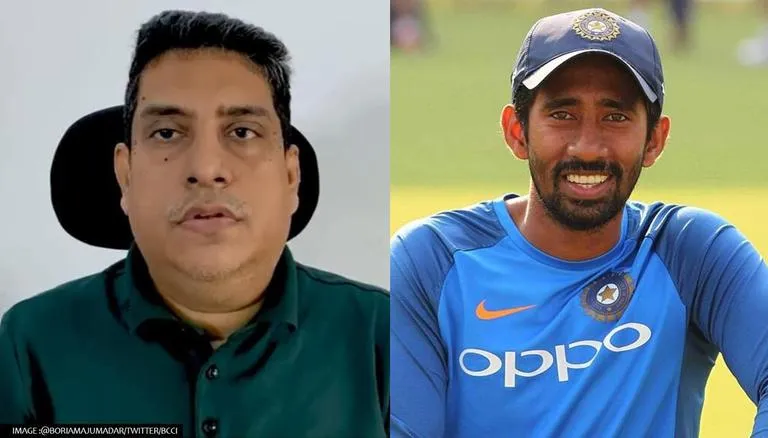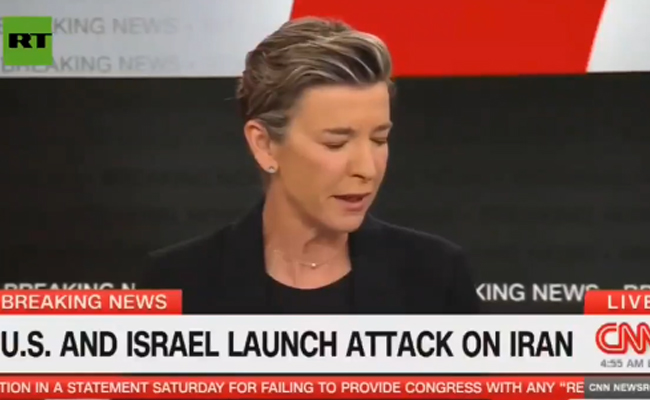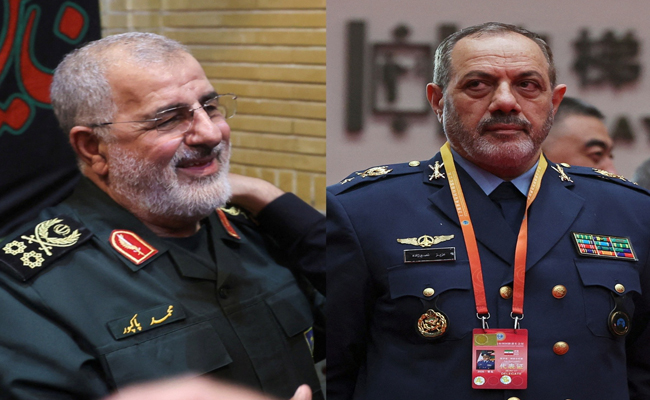Mumbai, May 4: The BCCI has imposed a two-year ban on Boria Majumdar for "bullying" senior wicket-keeper Wriddhiman Saha and barred him from interviewing registered players and entering stadiums in the country.
According to an internal communication by BCCI, sent to its state units on May 3, Majumdar won't be given media accreditation for two years as part of the sanctions ratified by the Apex Council of the cricketing body.
On February 25, the BCCI had formed a three-member committee a few days after Saha alleged on social media that he was bullied for an interview.
While Saha had initially refused to name the journalist, he later identified the scribe as Majumdar while deposing before the three-member committee, which comprised BCCI vice president Rajeev Shukla, BCCI treasurer Arun Singh Dhumal and BCCI councillor Prabhtej Singh Bhatia.
BCCI interim CEO and IPL COO Hemang Amin in a letter to the state units wrote, "Mr Wriddiman Saha has shared screenshots of messages sent by a journalist on social media platform, Twitter, wherein he stated that he felt bullied by the conduct of the said journalist. Mr Saha in the hearing named Mr Boria Majumdar as the journalist."
Amin further stated, "The BCCI Committee considered the submissions by both Mr Saha and Mr Majumdar and concluded that the actions by Mr Majumdar were indeed in the nature of threat and intimidation."
According to Amin, the committee recommended three sanctions to the Apex Council, which ratified them.
The sanctions imposed are 2 year ban on getting any accreditation as a member of the press in any of the cricket matches (domestic and international) in India, 2 year ban on getting any interview with any registered players in India and 2 years ban on access to any of the BCCI and member associations owned cricket facilities.
The top BCCI official has asked all the state units to facilitate the compliance of the sanctions in their respective associations.
Let the Truth be known. If you read VB and like VB, please be a VB Supporter and Help us deliver the Truth to one and all.
A live broadcast by CNN from Abu Dhabi was briefly interrupted after emergency alarm systems were activated inside the network’s office here, as tensions escalated sharply in the Middle East after US and Israel struck Iran.
Senior anchor and CNN Abu Dhabi Managing Editor Becky Anderson was on air when the alarms sounded.
Anderson informed viewers that she and her team had been instructed to seek immediate shelter in line with local emergency protocols.
“I’m Becky Anderson in Abu Dhabi with the alarms going off here suggesting we should seek immediate shelter. So we’ll do that. Our breaking news coverage continues after this short break. Stay with us,” she said before the broadcast cut.
CNN host in Abu Dhabi EVACUATES ON LIVE TELEVISION as Israel and Iran exchange fire across Middle East
— RT (@RT_com) February 28, 2026
'We'll be back after this short break' pic.twitter.com/YY5GDILBVQ
The network operates a major, state-of-the-art broadcasting and production centre in Abu Dhabi, alongside its hubs in Atlanta, London and Hong Kong.
Meanwhile, similar emergency alerts disrupted a live broadcast on Al Jazeera in Doha. National emergency warnings were heard on air, advising residents to take shelter.
During the broadcast, a presenter said the alert system had been activated following reports of an Iranian missile targeting U.S. interests in Qatar.
“This is the alarm, by the way, that we all get on our phones here in Doha when there is an urgency. And so the national emergency alert system has gone off here in Qatar. The defense ministry in Qatar announcing just a short while ago that an Iranian missile has been intercepted here in Qatar, warning citizens basically to take shelter. Apologies, there's a bit of chaos in the newsroom, as you can imagine, because this is also happening here in Qatar, our emergency systems going off here,” the presenter said.
National emergency alerts blared during a live Al Jazeera broadcast just moments before explosions were heard in Qatar’s capital, Doha. The alert came as Iranian missiles targeting US interests the country were successfully intercepted. pic.twitter.com/eT6RD8fAZT
— Al Jazeera English (@AJEnglish) February 28, 2026
The development came after Iran on Saturday attacked the UAE's Abu Dhabi and Dubai, Qatar's Doha, and Saudi Arabia's Riyadh hours after Israel and the US conducted joint strikes on Iran.





